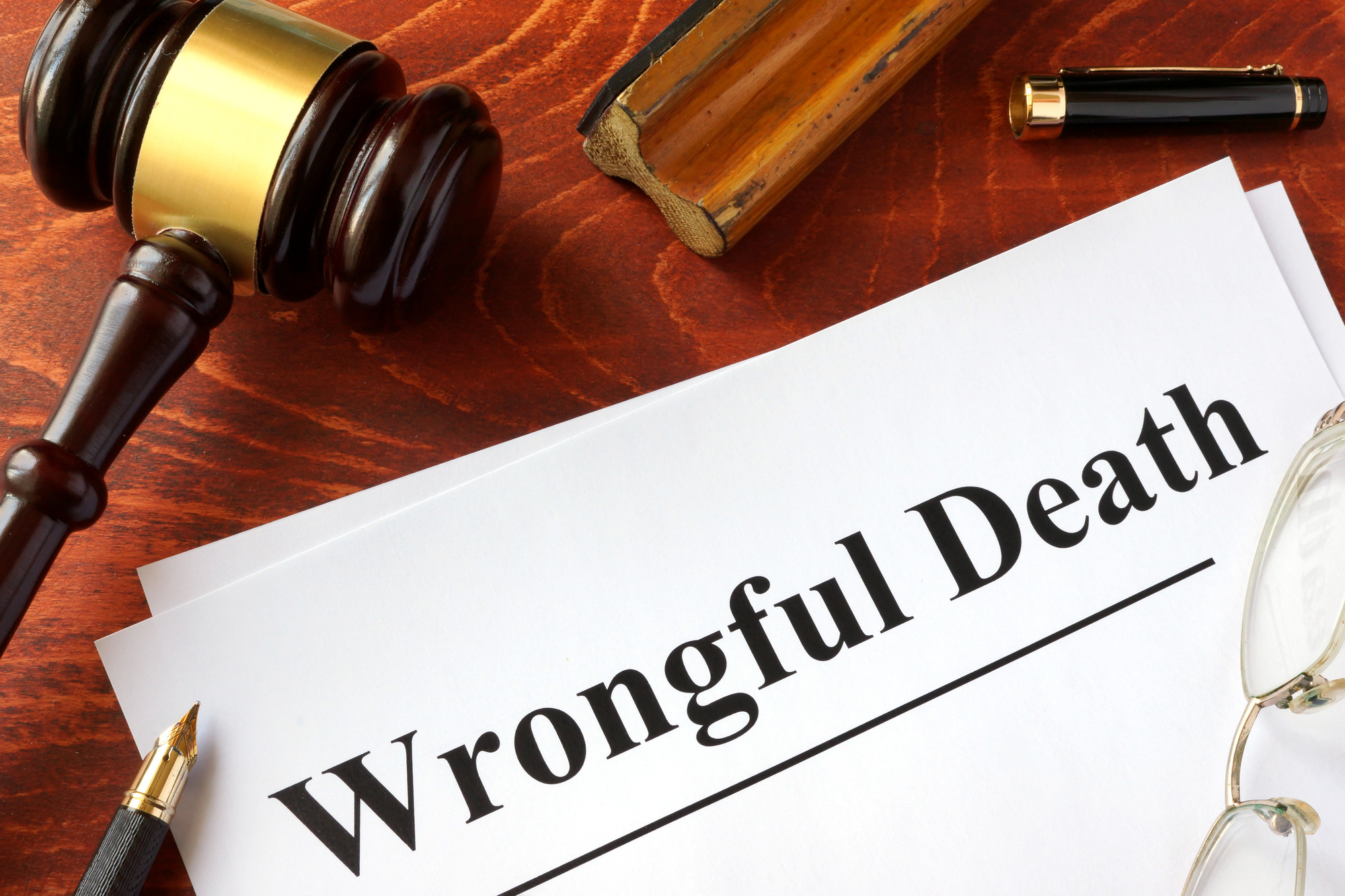
Losing a loved one can be a mentally and emotionally debilitating experience. It’s even more traumatizing if negligent or intentional acts caused the death. But what are you supposed to do in such an event?
The law provides for compensation to the descendants of a victim of wrongful death. By filing for a wrongful death lawsuit, you can get compensation for the lost income, pain and suffering, medical bills, and loss of companionship to the family.
While the lawsuit can’t bring back the loved one, it holds the party accountable and provides financial compensation.
So, how can you go about the lawsuit to prove the case and get substantial compensation? Finding the right wrongful death lawyer is a step in the process. But first things first, are you entitled to file for a wrongful death case?
Read more to find who can file for a wrongful death lawsuit.
Spouses Can File for a Wrongful Death Lawsuit
What’s worse than losing your partner due to reckless, careless, and negligent acts of another person? It’s traumatizing. If the deceased was married, the surviving spouse has the highest entitlement to file a lawsuit for wrongful death.
However, the requirements will vary depending on the state.
To file a wrongful death claim, they need to have been legally married and have satisfied the requisites of common law marriage in your state. For the marriage to be valid, the partners must have agreed to marry. Also, they should have lived as spouses and also represented to the public that they are married.
What happens when you are separated, in the process of filing for a divorce or divorce?
The surviving partner is still entitled to file a claim if they were separated or in the process of divorcing when the person dies. However, if the divorce process is finalized, individuals cannot file a wrongful death lawsuit since they are no longer spouses.
Also, the spouse may be denied the right to file a lawsuit if they are deemed not legally competent. For instance, if the surviving spouse is not in the right mental capacity due to an illness.
However, the spouse can opt to waive their right of priority for the lawsuit.
Decedent’s Children
If the deceased has no surviving spouse, the children can file and pursue the claim. The court allows the biological or fully adopted adult children to file a lawsuit.
What if the children are minors?
The court can nominate a guardian who will claim on behalf of the minors. Also, minors can wait to reach the legal age to file a wrongful death claim.
Parent of the Decedent
What happens if the deceased is a minor or not married and with no children? The right of priority to file for a wrongful death lawsuit pass to their parents.
In case the parents of the decedent are divorced, the right goes to the primary custodial parent. According to the law, adoptive parents are also recognized as ‘parents. However, this does not include foster or stepparents, even if they were the child’s only guardian.
Case s of parentage is very complex, especially in adoption situations. Consider finding a reputable wrongful death attorney who will guide you through this complex legal process.
Executor or Executrix
If the decedent has a valid will and is named an executor, the executor has the right to bring wrongful death claims in place of the deceased’s estate.
If the person dies without a will, the court can nominate an administrator or administratrix who doesn’t have to be a family member. The appointed administrator can file for a wrongful death lawsuit. Anyone can request the court appoint them as administrators to file a lawsuit on behalf of the estate.
What if more than one person applies to be appointed as the administrator estate? In such a case, the court appoints the most qualified individual. To determine how qualified an individual is, the court considers certain factors.
This includes the relationship between applicant and deceased, the applicant’s ability, and more.
Personal Representative
A personal representative is an individual or company responsible for managing the decedent estate.
Depending on the state, the representative could be the executor of the state. Apart from distributing the estate assets, the representative can also file for the wrongful death claim on behalf of the estate.
It is important to note that only the personal representative has the right to file the lawsuit in most states.
By filing a claim, the representative is not entitled to any resulting benefits or compensation. The lawsuit is on behalf of the estate and for the benefit of the bereaved. The court distributes the recovered damages from the wrongful death claim between the bereaved and the estate.
The estate is entitled to recover all damages which were otherwise recoverable by the deceased. This includes lost wages, pain, and suffering and medical bills.
The bereaved are entitled to recover damages resulting from companionship loss and for loss of any financial support.
It is crucial to note that the law of who could file for a wrongful death claim is different in every state. Find a local attorney to get more insight and advice about whether you can file for a wrongful death lawsuit.
Look for the Best Wrongful Death Lawyer
If the death of somebody close was caused by recklessness or negligence of another party, you have grounds for a wrongful death lawsuit.
However, these laws vary from state to state. To understand your remedies and rights in a case of wrongful death, consider finding an experienced attorney to help.
Are you looking for a personal injury lawyer to help with a wrongful death lawsuit in Georgia? At Cook & Tolley, we are here to help. We are committed to ensuring you and your family get justice and the deserved compensation.
Contact us today to inquire about your wrongful death lawsuit.
Cook & Tolley, LLP
304 E Washington St
Athens, GA 30601
(706) 549-6111
https://www.cooktolley.com/